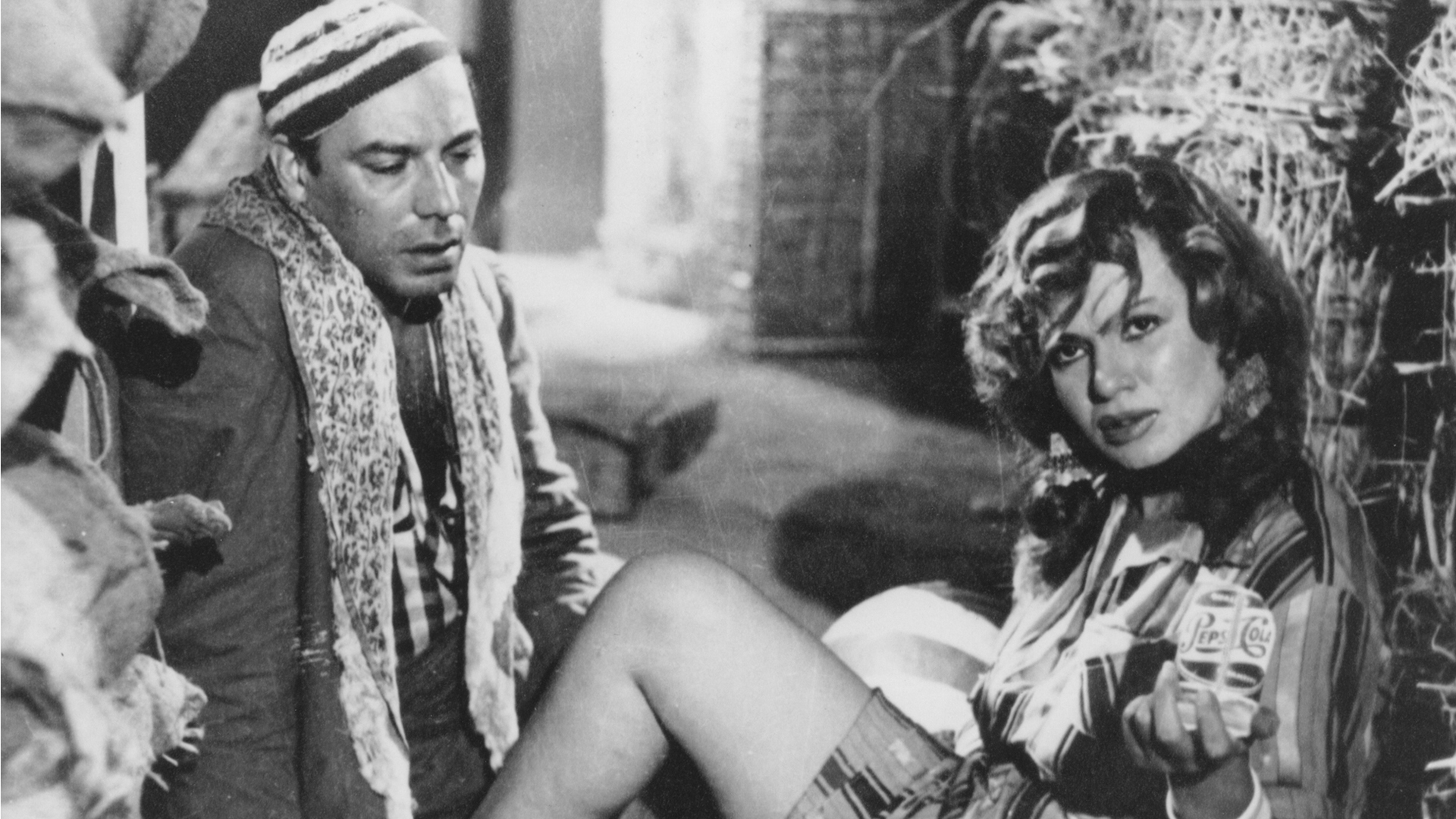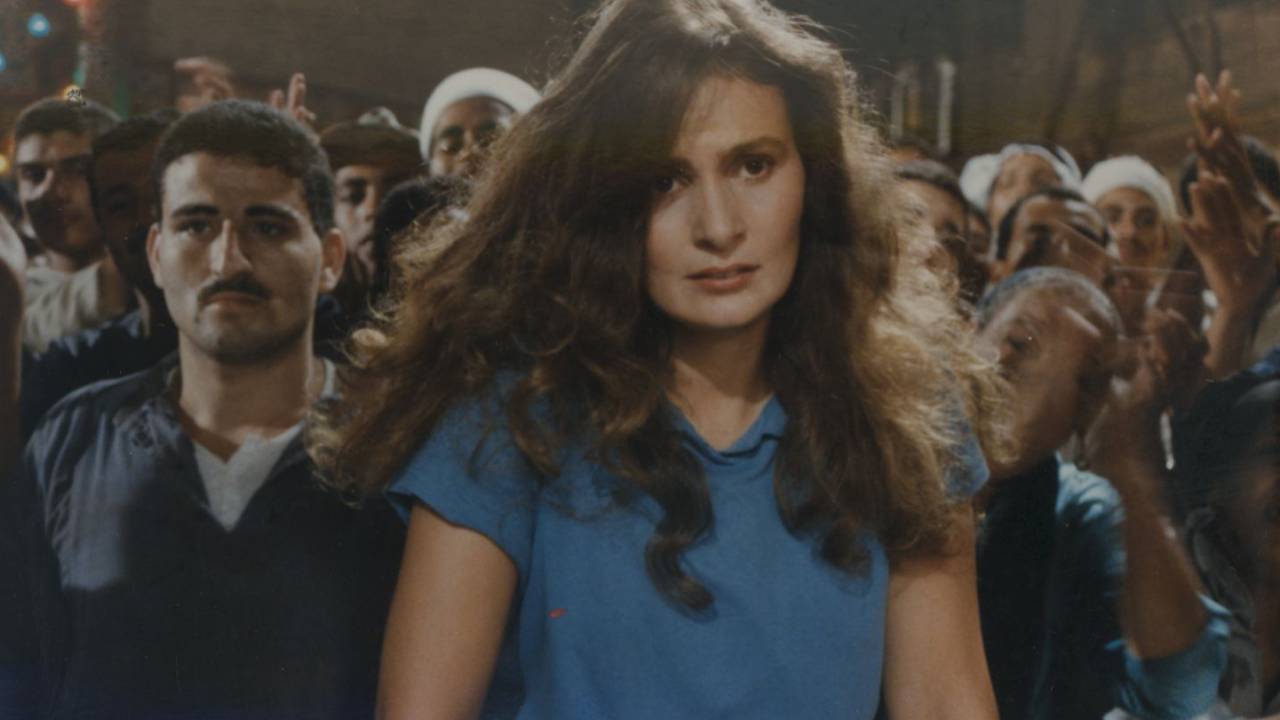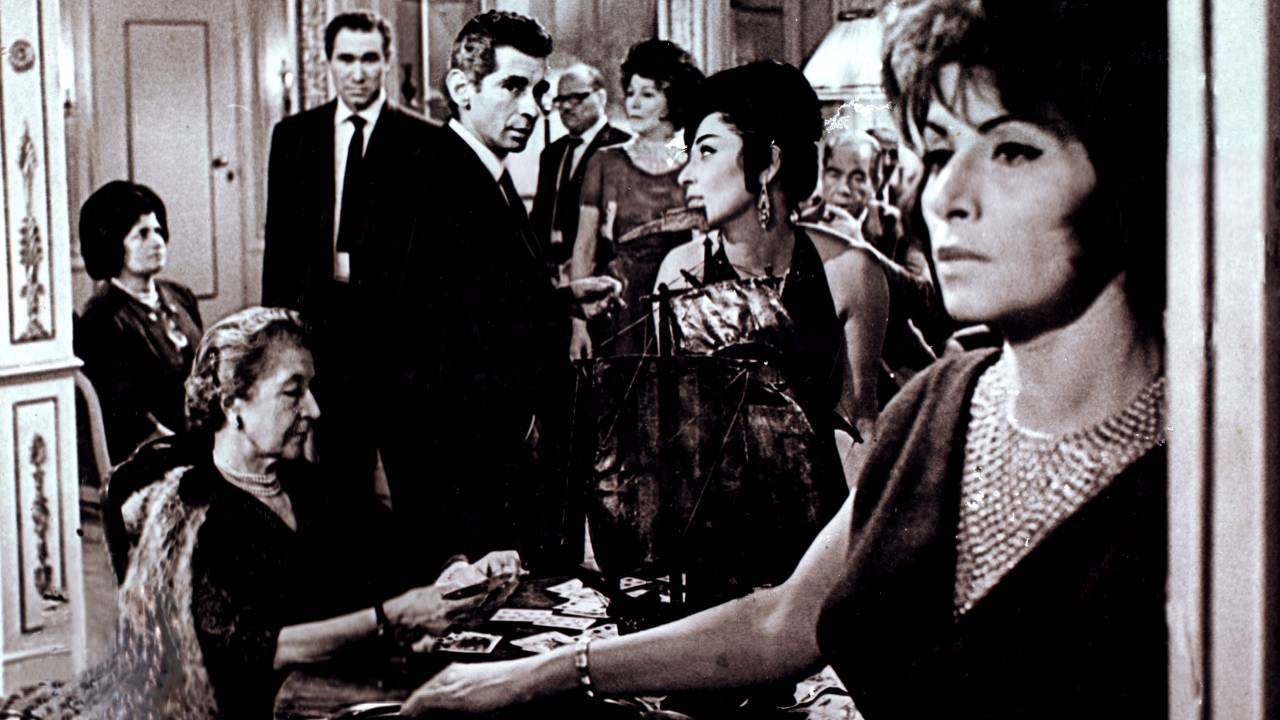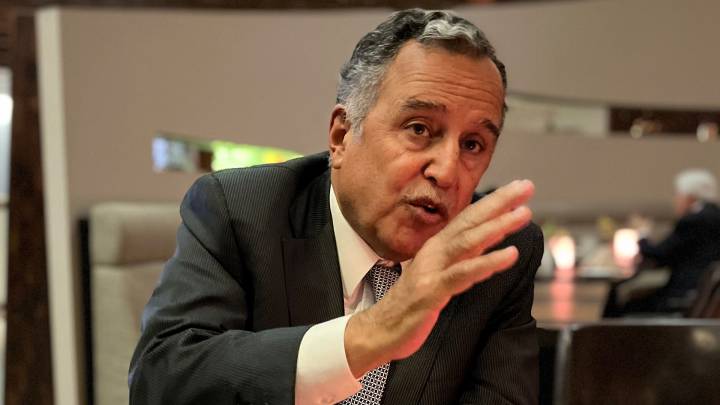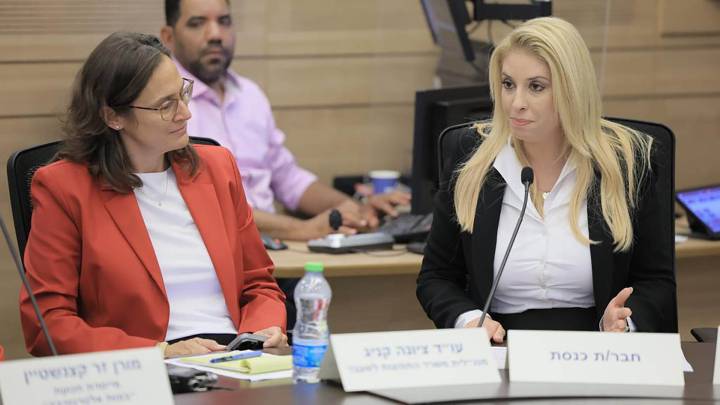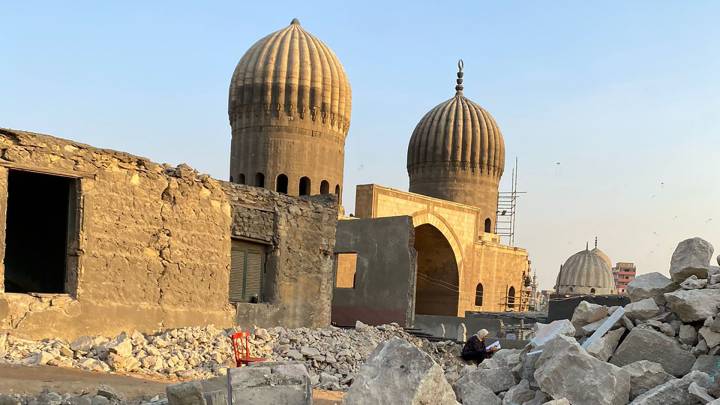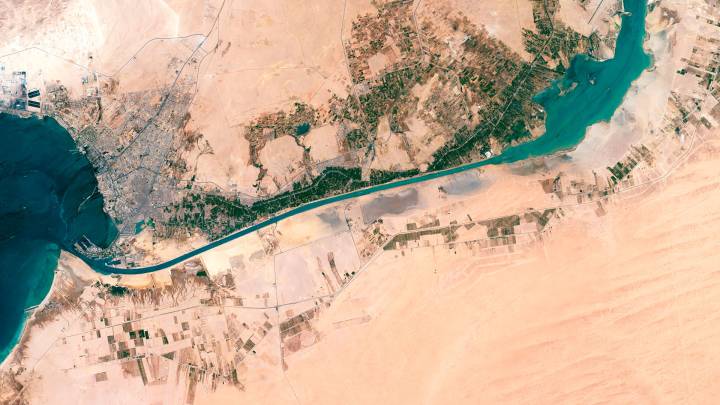Egyptian director Youssef Chahine challenged the status quo and shattered taboos. Today, filmmakers Marianne Khoury and Alia Ayman experience censorship on many different levels. But nevertheless, their vision of cinema is finding its own voice.
Youssef Chahine's first movie ‘Baba Amin’ was released in 1950. How did he manage to keep the enthusiasm of his audience alive, even 60 years later?
Marianne Khoury: I think Chahine was more than just a filmmaker. He had a special relationship with cinema, with the country, with the Arab world. The younger generation in particular is interested in his movies, because he gives them courage. He had a loud voice; he would dare saying things out loud. That's beyond making just good films: Even his bad films had an impact (laughs).
Alia Ayman: For me, Chahine is a very personal motivation. He is one of the reasons why I'm into film. It was nice to see somebody who doesn't conform to what was common for the cinema of his time, to see someone rebelling.
What was special about Youssef Chahine that so many Egyptians keep remembering him?
MK: There is a specific ‘chahinian’ particularity in the way he films, how he frames, the movements of his camera, the way that people act. Seeing one shot of one of his movies is enough to know that it's Chahine. In addition to that, he portrayed the society as a whole through his movies. There is more than film in his films: You can find a story, a historical period, a political era, a personal perspective...
AA: People knew and know his work to an extent, that no current independent production is able to reach. The soundtracks are played on the radio, the words from the dialogues are used as pop culture references. People relating to films in such a way is a rare thing nowadays.
Youssef Chahine was born in Alexandria and several of his movies are set there. What role did this city play in his life?
MK: When Chahine started questioning himself, during his phase of autobiographical work, he shot the movie ‘Alexandria … why?’. It was a central question for him. Alexandria was the context he grew up in: It was during Word War II, when Alexandria was a very cosmopolitan city. Chahine came from a mixed background, his mother was Greek, his father Lebanese–that definitely inspired him.
With his Alexandria trilogy, that has been shot between 1979 and 1989, Chahine was also one of the first artists to openly depict homosexuality in Egypt. During his career, again and again he dealt with taboos and controversial topics. Why was that approach so important to him?
MK: For Chahine, arts and politics couldn't be dissociated from each other. Everything was political, even a kiss was politics to him. His work should always be seen in its context, from the very local to the geopolitical. Everything was correlated. I don't think he was doing what you would call ‘l'art pour l'art’. But at the same time, his work was very artistic.
Ms. Khoury, you worked with Chahine for over ten years. In which ways did he influence your own work as a filmmaker?
MK: Actually, it wasn't easy to work with Chahine. When I started, we didn't struggle with creative aspects, but with things like fundraising or finding distribution partners. The creative part was a little bit of a sensitive issue with him. There were always vigorous preparations, no improvisation, all details were written down. Before a shooting, he would draw everything, he would know when the sun goes up and down, were exactly to put the camera, he took the measurements of the set. But of course, I was curious, so I also learned how to make a film, what a script looks like. After ten years, it became clear to me that I wanted to get creative on my own.
Ms. Ayman, what inspiration from Chahine's legacy do you take for your own work?
AA: I think he was a very good producer–because he managed to turn the world upside down in order to make his movies the way he wanted to. At the same time, he was fortunate: Not a lot of people of his generation had the chance to do the same.
Did he feel strongly connected to his work?
MK: He was terrible! People always say he would have sold his mother to keep making films (laughs). He kept the camera behind his bed, nobody was allowed to touch it. It was the most important thing in his life. The way he touched his camera is incredible. He used to say that he had a physical relationship with it.
‘There are certain expectations on what an Arab film should look like’
As young independent filmmakers, what are the challenges that you are confronted with in today's Egypt?
AA: It's a complicated situation: Egypt has an established film industry that produces commercial blockbusters. These productions follow a certain scheme in order to be successful at the box office. But smaller, independent productions-movies that usually get shown at festivals and get international recognition–have a far less reach with an Egyptian audience. It is necessary to create an infrastructure, a market inside Egypt, to establish a basis that we can build upon. That's why in 2014 we founded Zawy«, the first arthouse cinema in Egypt. We want to create a space where people can watch independent Egyptian films.
Are you optimistic about the future of cinema in Egypt?
MK:Younger people are fed up with seeing commercial Egyptian movies. But it will be a long road to build up an audience for independent films. We have very little funding, the Ministry of Culture doesn't support us … we just hope that they don't interfere in our work (laughs).
Is the government restricting your artistic freedom in any regard?
AA: I think the restrictions come from many places, not just from the government or the state. There are certain expectations on what an Arab film should look like. And these expectations aren't created by the state, but by international audiences–because most of the money comes from European sources. In the tenders for the grants they call it ‘politically relevant’, we are asked to deal with conflicts or Egypt's political situation. And this puts us under great pressure. If we want our films to get visibility, we aren't free in our choice of topics. And this is very different for filmmakers in other parts of the world.
MK: I would add to this another kind of censorship, namely self-censorship. What I mean by this is being afraid of many things, like social taboos or political pressure. At the same time, it's interesting that some of Chahine's films, that were shot in the 50ies or 60ies apparently wouldn't make it through state censorship today.
Alia Ayman is a filmmaker working on projects like ‘Unseeing Little Egypt’ and curator of the arthouse cinema Zawya in Cairo. Marianne Khoury is Youssef Chahine's niece, a film director herself and co-owner of the production company Misr International Films. Youssef Chahine was born in 1926 in Alexandria and died in 2008 in Cairo. His work includes more than 50 films, he worked as a director, producer and screenwriter. In 1997, he received a lifetime achievement award at the the International Film Festival in Cannes.
Arsenal, a Berlin-based cinema, is screening a selection of his films. ’Youssef Chahine Again and Forever - A Retrospective’ runs until March 30th.
